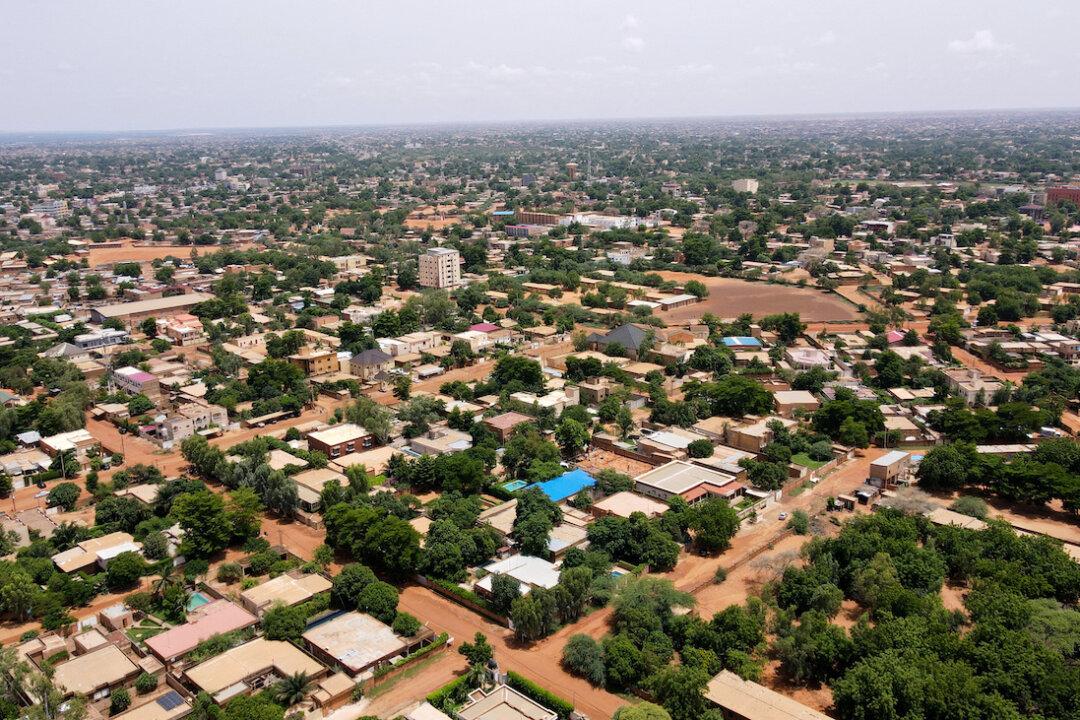The United States has ordered the evacuation of some staff and families from its embassy in Niger’s capital, Niamey, amid a military coup that has ousted the West African country’s democratically-elected President Mohamed Bazoum.
“Today, we ordered the temporary departure of non-emergency personnel and eligible family members from Niger,” U.S. Secretary of State Antony Blinken said in a statement on Aug. 2.




